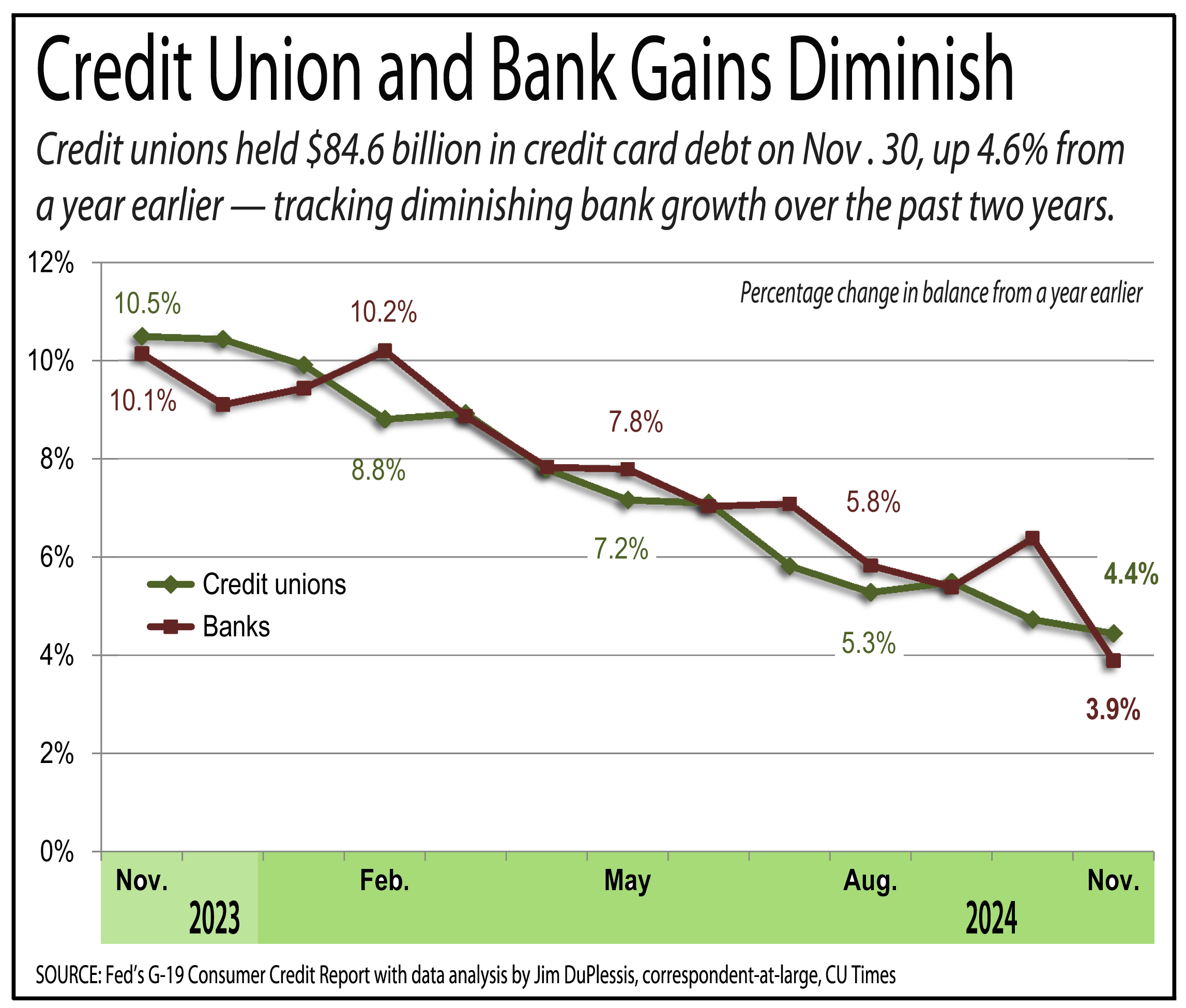NEEDHAM, Mass. – Because radio frequency (RF) payment systems and RFID inventory tags are still in their infancy and often not fully understood by consumers, they have been subject to some occasionally nasty talk about violating consumer privacy. But they are two very different things. A recent report by TowerGroup analyst Edward Kountz emphasizes that only the wireless RF technology is the same with the two devices. Radio frequency identification (RFID) tags are used by stores to control inventory and record information about who's buying what. RF payment systems simply transmit a transaction through the payment processing system, with not other identifying information, much like a bank card. Credit unions, if they are to find themselves working with RF payment systems, must make it crystal clear how they are used differently from RFID chips in retail stores. RF payment devices, often deployed as fobs or a kind of card, are used just like credit or debit cards with magnetic stripes. Kountz, who specializes in studying emerging technologies, says that companies including Wal-Mart, Target, Albertson's and the European retail giant Metro AG have begun using RFID tags to control inventory of pallets and cases in the warehouse and stockroom. The publicity problem tends to arise when a retailer begins tracking individual items on its shelves to enable stronger inventory security and real-time restocking and re-ordering. "The chief concern," Kountz says, "is that the proliferation of RFID chips would lead to an environment where consumers' shopping habits, product usage patterns, and even travel patterns could be monitored by business or government." In theory, a retailer could attach an RFID chip to each can of soda and track the product (and the consumer) all the way to the recycling bin. Wal-Mart discontinued its RF "smart shelf" program in 2003 after privacy concerns arose. Metro AG similarly responded to consumer activists and discontinued RFID loyalty cards that sent age-related data back to its database, the TowerGroup analyst notes. But the retailer plans to continue "smart shelf" tracking using RFID chips that can be erased at store exits, removing specific product data and even the chip serial number. To prevent negative, speculative publicity about RFID privacy from tainting credit and debit card business, Kountz says, financial institutions must emphasize three talking points: An RF card or fob is simply using a bankcard in another form. A consumer's transactions feed back no additional information to the financial institution. Unlike RFID systems, RF payment options do not breach existing privacy policies between the member and the credit union. The long-standing relationship of trust does not change, the TowerGroup analyst says. While RFID tracking is for the retailer's convenience, RF payment is to the customer's advantage, adding convenience and speed to transactions. While retailers may have failed to put privacy first in rolling out RFID tracking, Kountz says, financial institutions still can – and Kountz says must – take a proactive stance that clarifies the consumer value and security offered by RF payments. -
Complete your profile to continue reading and get FREE access to CUTimes.com, part of your ALM digital membership.
Your access to unlimited CUTimes.com content isn’t changing.
Once you are an ALM digital member, you’ll receive:
- Breaking credit union news and analysis, on-site and via our newsletters and custom alerts
- Weekly Shared Accounts podcast featuring exclusive interviews with industry leaders
- Educational webcasts, white papers, and ebooks from industry thought leaders
- Critical coverage of the commercial real estate and financial advisory markets on our other ALM sites, GlobeSt.com and ThinkAdvisor.com
Already have an account? Sign In Now
© 2025 ALM Global, LLC, All Rights Reserved. Request academic re-use from www.copyright.com. All other uses, submit a request to [email protected]. For more information visit Asset & Logo Licensing.









